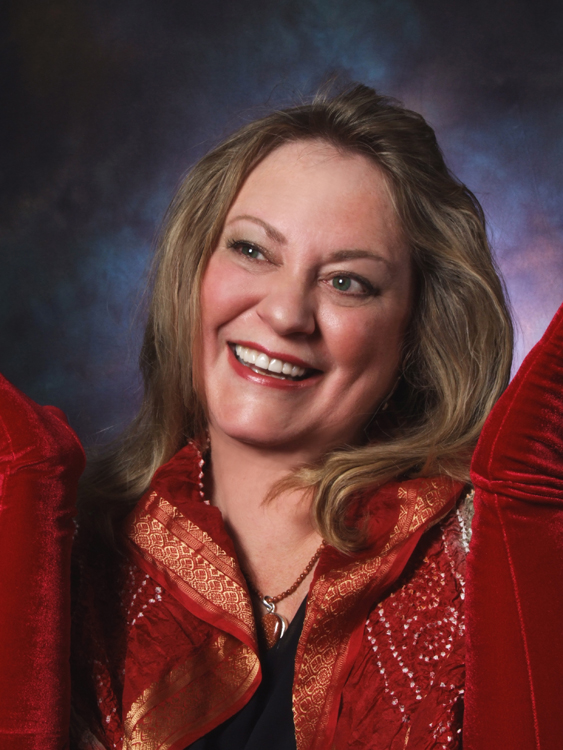 Photo: Michael Gold
Photo: Michael Gold
... a few words about music.
Important note: this work makes no medical claims, and it is up to you, dear reader, to use any information you find here responsibly and intelligently, toward yourself and others.
All material ©Sing into Joy
Finding Your Essential Voice, Part 1
September 16, 2020
How do you feel about the sound of your own voice, singing or speaking? Do you love it? Do you judge it? Sometimes one, sometimes the other?
I have a radical proposition for you. The things we enjoy, accept, love, even thrill to, in the sound and sensation of our own voices belong to what I call the Essential Voice, the voice we were born to express ourselves through. The moments when we feel “that’s me!” are the moments we are singing and speaking in that voice. And the parts we find hard to accept are the Not-Me.
What’s the Not-Me? The tension, strain, fear; the old habits that don’t work anymore and maybe never did, the lack of body and breath support—you get the idea. Those impediments too are expressing themselves through the vocal sound, and sometimes they dominate it. When we get frustrated, judgmental, or feel like we’re dealing with a stranger inside ourselves…well, we are. That’s the Not-Me. We’re right to feel uncomfortable with it, and in a way it’s a gift. What? Yes, because something else is yearning to come through: our own shining truth in physical form.
I’ve often said to students that about 50% of learning to sing well is acquiring new knowledge and skills, and 50% is releasing the “Not-Me” elements. That’s a bit of an exaggeration for the sake of simplicity, but it’s not far off the mark for many voices.
The corollary to this 50-50 observation, is that if we’re shy about singing in front of other people, that shyness—a.k.a. fear; let’s tell it like it is—exerts less and less of a hold on us as our technique improves. We like hearing ourselves sing, more and more, and we stop picking on our voices every time we let out a sound. We try out songs with other people. We’re even getting compliments when we do! What accounts for this magic? Better singing-and-speaking habits are gradually releasing the Not-Me elements and letting our Essential Voice come through. You know, the voice we were born to express ourselves through.
The sensations are more enjoyable, too, aren’t they? The body lined up comfortably, the breath supporting the sound, the shoulders, neck and jaw free of tension, the sound coming through a more open relaxed throat and mouth.
And this all means that we can really turn our attention to meaning. What’s this music I’m singing? What are the lyrics, and how do I relate to them? (I probably chose this song or aria for a reason. There are lots of wonderful songs out there.) What does the melody do, and how do melody and harmony and rhythm combine to fulfill something more about those words? Then, how do all those elements together make you feel, and what do you want to express through them, both of yourself and of how you interpret the poet's/composer's/songwriter's intention?
Singing freely and fully is one of the great joys of human existence. Find your Essential Voice. The world is waiting, longing—needing—to hear it.
To respond to this blog with your thoughts or questions, go here.
A workshop, "Finding Your Voice," is one I've given often, and have now moved online.
You can also ask to join the private Sing into Joy FB Group here to delve deeper. Or visit and like our FaceBook page.
©Danielle Woerner 2020
